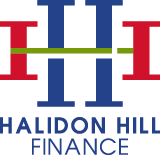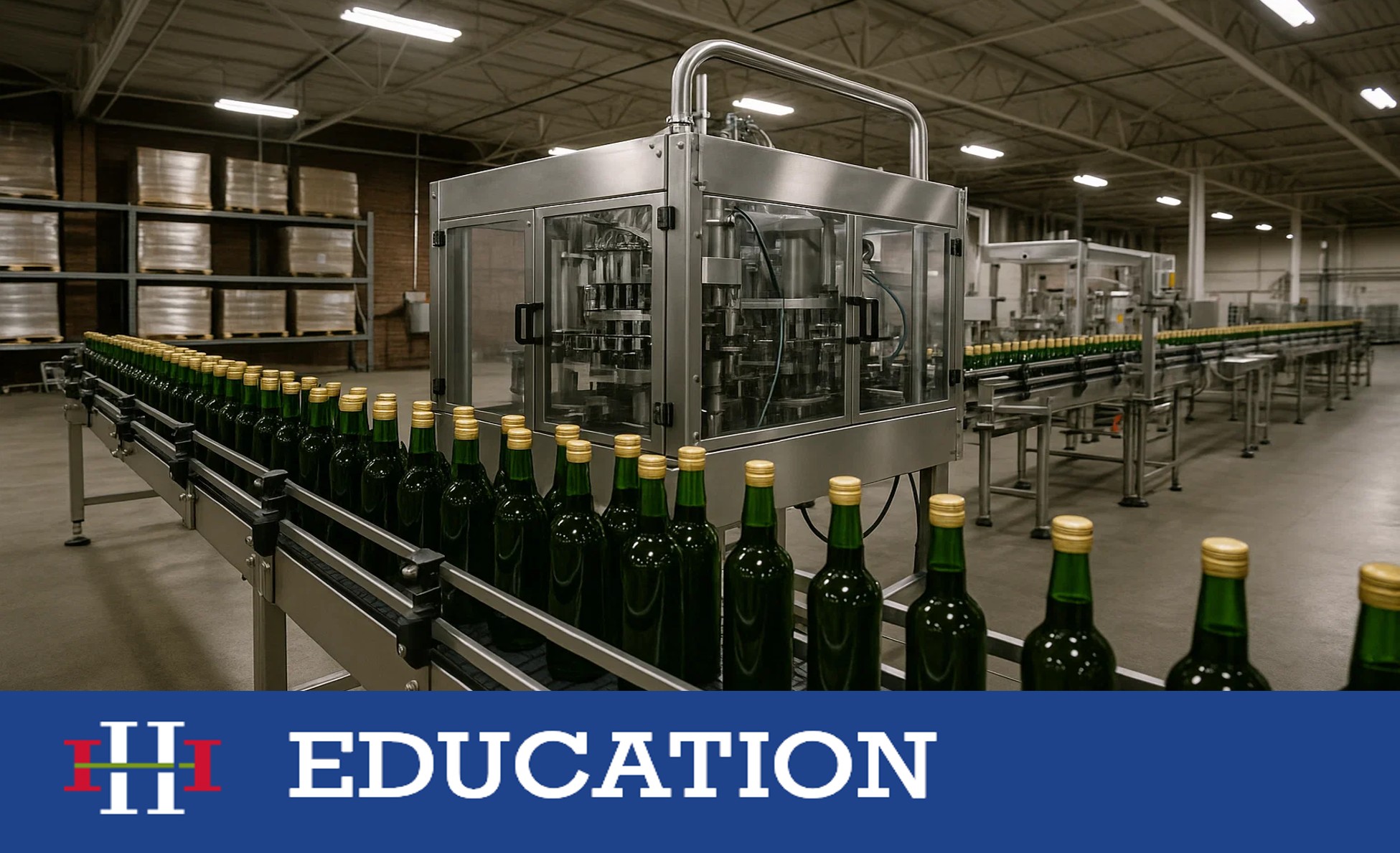When it’s time to upgrade or acquire new business equipment, one of the first questions business owners face is: Should we pay cash or should we finance? While paying cash may seem like the simplest option, there are several important financial and strategic considerations that should guide the decision. Here’s a look at some of the key factors:
Consider your Working Capital Reserves
Access to working capital is one of the key ingredients to business success. However, ensuring your business is armed with the latest equipment to remain competitive is just as important. This leaves many business owners trying to decide whether they should or shouldn’t dip into their working capital reserves to acquire new equipment.
Protecting your working capital reserves has many key advantages, including but not limited to:
- Providing you with flexibility and the ability to act fast – e.g. take advantage of sudden supplier discounts, competitor acquisitions, or support key customers with longer payment terms.
- Helps protect the business against unexpected and sudden down turns in revenue from any unexpected events, allowing them to continue paying staff through tougher months.
- Usually, financing of equipment comes with sharper rates, fees and less security required compared to working capital finance.
What else can the Cash be used for?
Rather than locking up your cash in equipment purchases, there are a range of strategic alternatives:
- Investments – Investment in real estate, whether residential or purchasing your own commercial property, can provide a better investment spread. Often these acquisitions require cash to be injected as equity contributions.
- Business Acquisition – Opportunities sometimes arise which need you to act swiftly e.g. one of your competitors comes to you offering their business for sale if you can settle quickly. It’s important to have the flexibility to be able to respond.
- Business Expansion – Consider the equipment you are likely going to need over the coming 1-2 years. If you foresee yourself requiring a larger piece of gear, a very unique asset or something from overseas, you may find that keeping cash available for a future deposit on these future projects is beneficial.
- Intangible Investments – Upgrading your company’s IT and software capabilities, websites and marketing campaigns are all examples of potentially expensive projects that require cash.
Shareholder Loans & Personal Liabilities
Consider repaying shareholder loans in order to allocate funds to paying down non tax deductible personal liabilities such as director home loans. Speak to your accountant to ascertain how best to utilise surplus cash to repay non deductible loans whilst maintaining maximum flexibility for the future.
ATO Debt
An active ATO debt can significantly impact the financing options available for your business. Most financiers won’t lend to businesses who aren’t up to date with their tax and statutory obligations. Having sufficient cash available to ensure you are up to date with your tax is critical to business success.
Effective from 1st July 2025, interest charged on ATO debt is no longer tax deductible, making it more important than ever to make sure you have sufficient cash or working capital finance to meet your tax obligations as they fall due.
ATO debt will also begin to be reported to Credit Reporting agencies, which will have further flow on effects to businesses’ ability to raise funds.
We are here to support your business.
Please speak to us about all things finance. Whether it be Equipment and Automotive Finance, Working Capital Finance which includes Debtor and Trade Finance, Property Finance including Construction Finance, Insurance Premium Funding. And yes, we also do Home Loan Finance.
We know that banks are becoming more selective and treating business customers worse than ever – please make us your first point of contact every time – we will get you a better outcome with a far better experience.
Please feel free to call us to chat about any of the above or get in touch via email:
Andrew Sutherland
0407 746 474
andrew.sutherland@halidonhill.com.au








